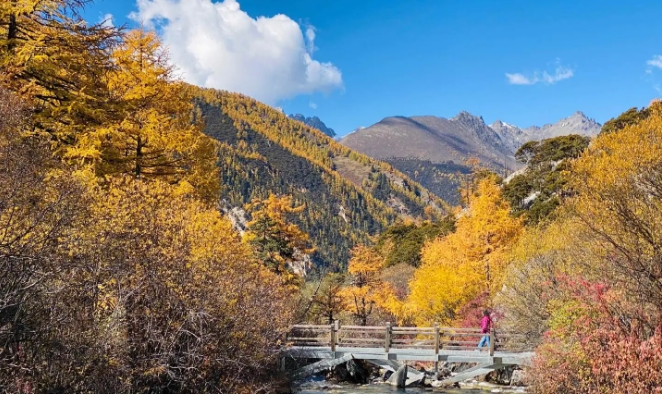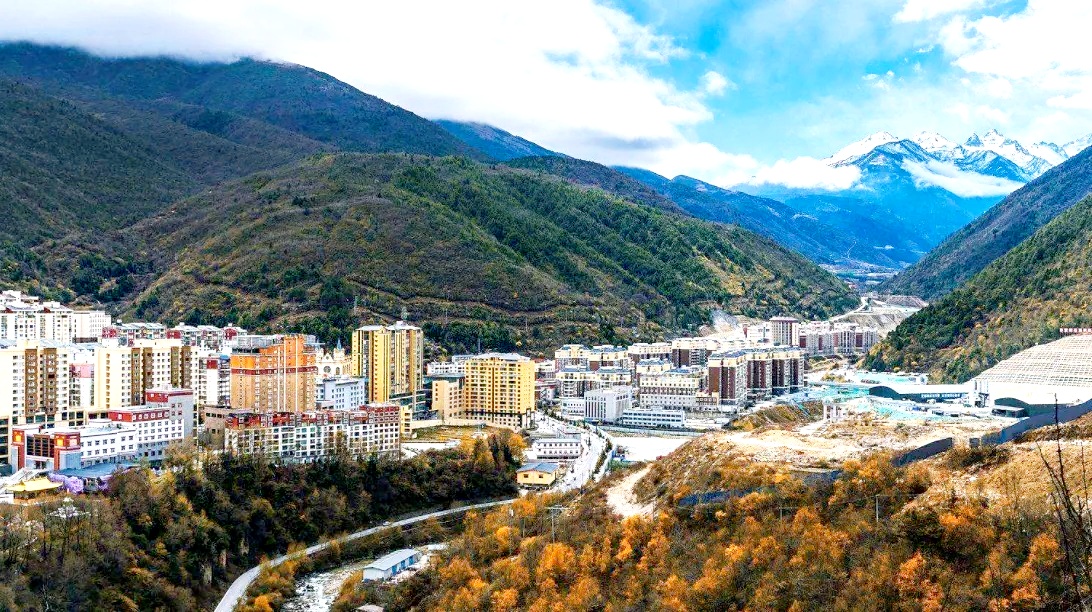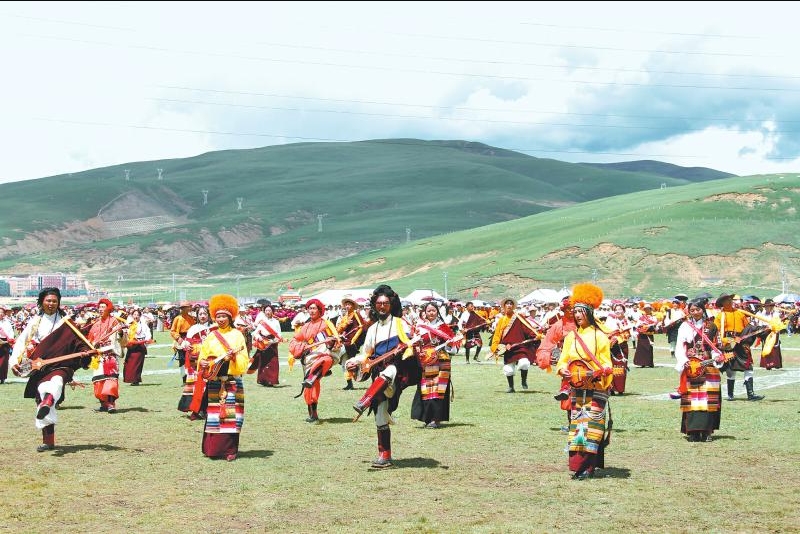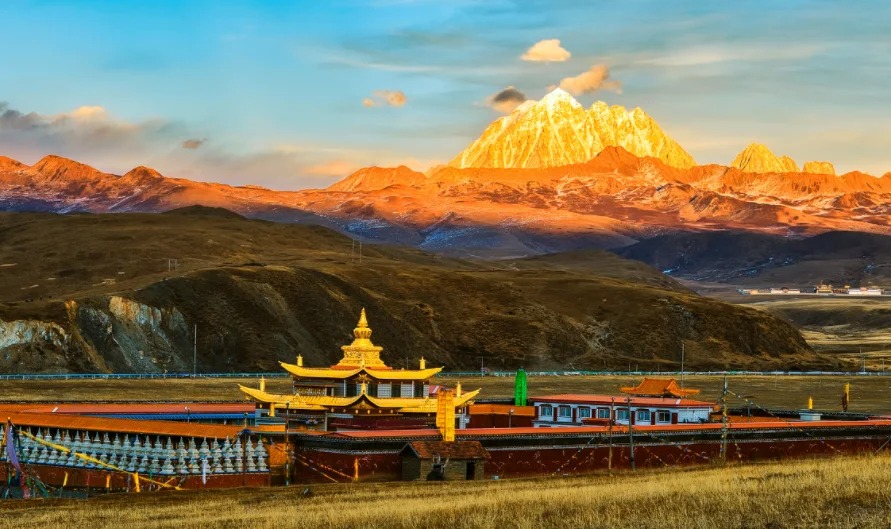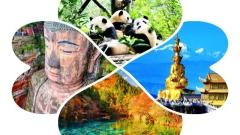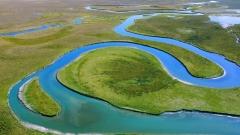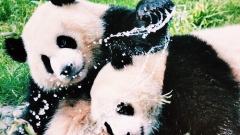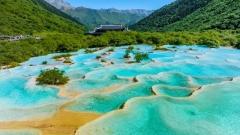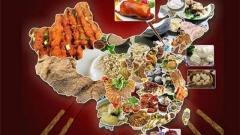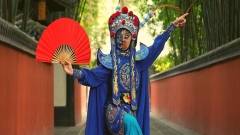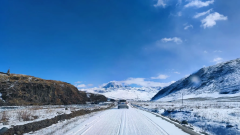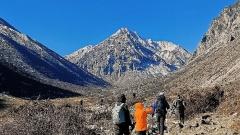Western Sichuan, often called one of China’s most scenic regions, is a paradise of snow-capped peaks, vast grasslands, alpine lakes, and Tibetan culture. Among the many routes, the Western Sichuan Small Loop and the Big Loop stand out as the most classic. But which one should you choose? This guide compares them from multiple angles to help you decide.
1. Overview of the Western Sichuan Small Loop
Route and Duration
The Small Loop usually refers to the route Chengdu – Ya’an – Kangding – Xinduqiao – Daocheng Yading – Litang – Xinduqiao – Chengdu, forming a condensed circle.
-
Duration: 6–8 days
-
Distance: around 1,500 km
Highlight Attractions
-
Xinduqiao: Known as the “Paradise for Photographers” for its light, shadow, and Tibetan villages.
-
Daocheng Yading: Famous as the “Last Shangri-La on Earth,” offering snow mountains, turquoise lakes, and sacred valleys.
-
Litang: One of the world’s highest towns, rich in Tibetan culture.
-
Kangding: Gateway to Tibetan Plateau, known for folk songs and highland scenery.
Pros & Cons
-
Pros: Compact, classic, perfect for first-time visitors.
-
Cons: Popular and crowded during peak season.
Best For
-
Travelers with one week of vacation
-
First-time visitors to Western Sichuan
-
Families or photography lovers
2. Overview of the Western Sichuan Big Loop
Route and Duration
The Big Loop expands beyond the Small Loop, reaching deeper into the Tibetan areas of Sichuan. Commonly:
Chengdu – Ya’an – Kangding – Xinduqiao – Daocheng Yading – Litang – Batang – Markam – Chamdo – Dege – Ganzi – Danba – Chengdu.
-
Duration: 12–18 days
-
Distance: over 3,000 km
Highlight Attractions
-
Daocheng Yading: The spiritual and natural highlight of both loops.
-
Batang & Markam: Historic towns along the ancient Tea Horse Road.
-
Dege Scripture Printing House: A cultural landmark of Tibetan Buddhism.
-
Chamdo Grasslands & Canyons: Expansive, pristine landscapes with fewer tourists.
-
Danba Tibetan Villages: Known for watchtowers and well-preserved Tibetan architecture.
Pros & Cons
-
Pros: Wide variety of landscapes and deeper cultural immersion.
-
Cons: Long distances, challenging road conditions, high altitude.
Best For
-
Travelers with two weeks or more
-
Adventurers and culture lovers
-
Experienced drivers or those joining professional tours
3. Small Loop vs. Big Loop: Key Comparisons
| Criteria | Small Loop | Big Loop |
|---|---|---|
| Duration | 6–8 days | 12–18 days |
| Distance | ~1,500 km | ~3,000 km+ |
| Landscape | Snow mountains, lakes, villages | Broader mix: grasslands, canyons, cultural towns |
| Difficulty | Moderate, suitable for beginners | Challenging, long drives, higher altitudes |
| Crowds | More tourists at famous spots | Quieter, more remote destinations |
| Best for | First-time visitors, families | Deep explorers, photographers, adventurers |
4. Choosing the Right Route
-
Limited vacation time (1 week)? → Small Loop
-
Already visited Western Sichuan once, want to go deeper? → Big Loop
-
Prefer comfort and accessibility? → Small Loop
-
Looking for adventure, fewer tourists, and hidden culture? → Big Loop
5. Travel Tips for Both Routes
-
Altitude Acclimatization
-
Small Loop peaks around 4,700m (Daocheng Yading).
-
Big Loop involves multiple passes above 4,800m.
-
Bring altitude sickness medication, stay hydrated, and ascend gradually.
-
-
Best Time to Visit
-
April–June: Rhododendrons and fresh greenery.
-
September–October: Golden autumn landscapes.
-
Avoid July–August if possible due to heavy rains and road risks.
-
-
Transportation
-
Self-driving is popular but requires experience with mountain roads.
-
Joining a guided group ensures safety and saves energy.
-
-
Packing Essentials
-
Warm layers, rain gear, sunscreen, sunglasses.
-
Portable oxygen bottles for those sensitive to altitude.
-
Snacks and power banks for long driving days.
-
6. Conclusion
Both the Western Sichuan Small Loop and the Big Loop showcase the unmatched beauty of the Tibetan Plateau in Sichuan. The difference lies in depth and breadth: the Small Loop is compact and classic, while the Big Loop is grand and immersive. Choose according to your schedule, interests, and travel style, and you will be rewarded with unforgettable highland experiences.



